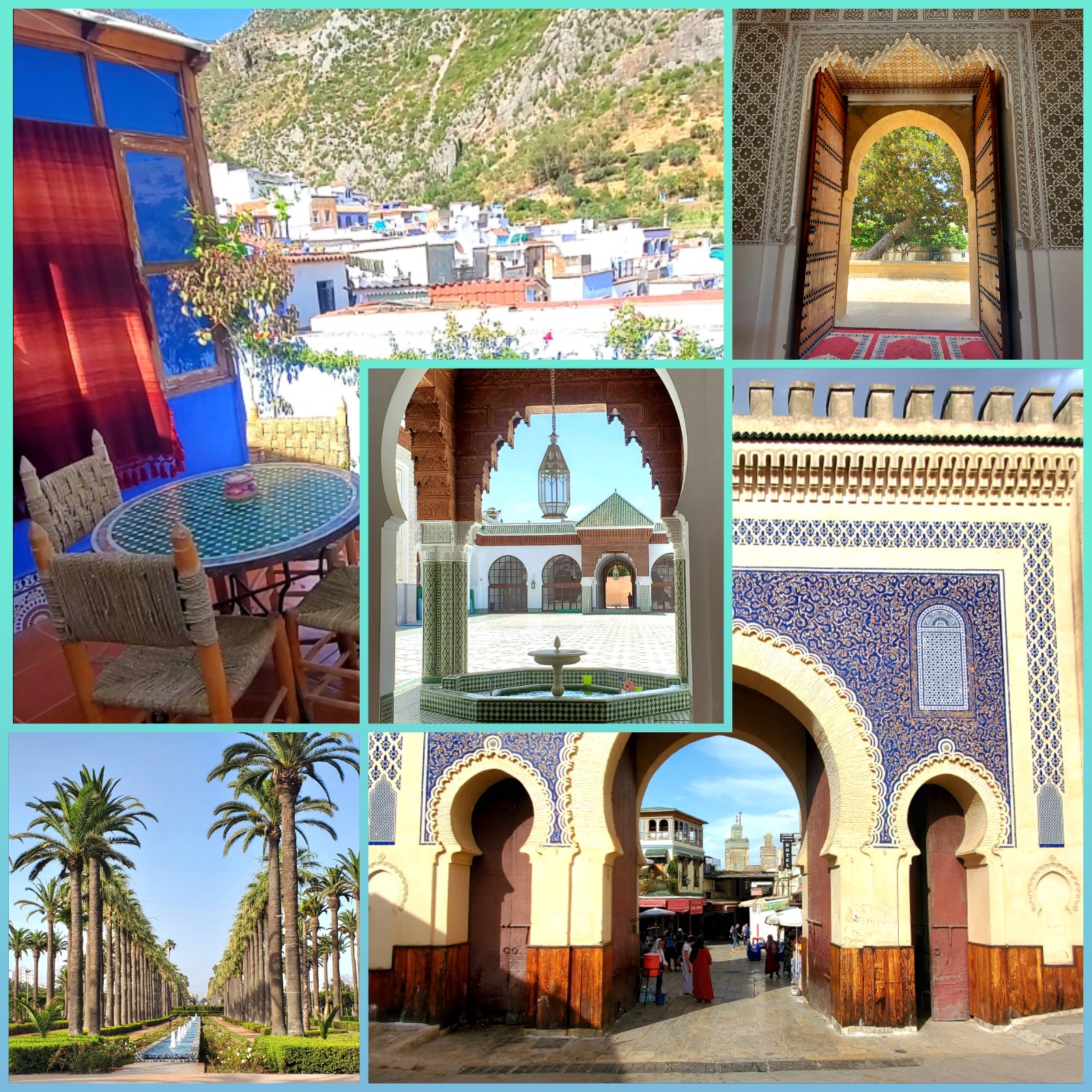Mission

The Arabic program at Loyola University Chicago, established in 2012, serves a hybrid body of students from a variety of linguistic, socio-cultural, and religious backgrounds. Our program has common interdisciplinary interests with several fields including History, Political science, Theology, Literature, International Education and Global Studies, and Communication.
The Arabic program continues to update its vision in light of Loyola’s focus on integrative transformative education, and the program’s foundation on critical pedagogy to reconstruct teaching a foreign language as a way of life and a window into the world: our micro inner world of soul/self and our macro hybrid world in all its different shapes and colors. Our Arabic program understands language learning as a liberating practice of advocacy of the self and others through a journey of exploration of new boundaries, negotiation of unfamiliar ideas, ‘intersectionality’ of concepts, and awareness of a new way of communicating to critically address issues of injustice in our hybrid realities.
Learning Arabic is an invaluable investment at our current juncture of global socio-political context personally and professionally. Such investments include work with humanitarian NGOs and agencies, government agencies, educational and social support centers of refugees and immigrants, the academia, translation services, religious studies, and cultural/linguistic/identity connections.
Students graduating from our program are expected to reach an Intermediate High to Advanced Low proficiency level as described by the American Council on the Teaching of Foreign Languages ACTFL. Although Formal Educated Arabic is emphasized, our program incorporates basic elements of Levantine dialect to reflect the reality of the Arab World. The Arabic program is restructuring its curricula to meet the National Standards of Teaching Foreign Languages in the 21st century described by ACTFL and highlighting the following outcomes/standards:
- Communication
- Cultural knowledge and critical perception (or awareness) of other cultures and people.
- Connections with other related disciplines to reinforce and further the students’ knowledge
- Comparisons among the nature of the target language and culture(s) in comparison to other languages and cultures
- Communities: Become life-long learners involved in the functional use of language and culture worldwide.
For further information, please contact the Director, Dr. Sawsan Abbadi, Ed.D.

The Arabic program at Loyola University Chicago, established in 2012, serves a hybrid body of students from a variety of linguistic, socio-cultural, and religious backgrounds. Our program has common interdisciplinary interests with several fields including History, Political science, Theology, Literature, International Education and Global Studies, and Communication.
The Arabic program continues to update its vision in light of Loyola’s focus on integrative transformative education, and the program’s foundation on critical pedagogy to reconstruct teaching a foreign language as a way of life and a window into the world: our micro inner world of soul/self and our macro hybrid world in all its different shapes and colors. Our Arabic program understands language learning as a liberating practice of advocacy of the self and others through a journey of exploration of new boundaries, negotiation of unfamiliar ideas, ‘intersectionality’ of concepts, and awareness of a new way of communicating to critically address issues of injustice in our hybrid realities.
Learning Arabic is an invaluable investment at our current juncture of global socio-political context personally and professionally. Such investments include work with humanitarian NGOs and agencies, government agencies, educational and social support centers of refugees and immigrants, the academia, translation services, religious studies, and cultural/linguistic/identity connections.
Students graduating from our program are expected to reach an Intermediate High to Advanced Low proficiency level as described by the American Council on the Teaching of Foreign Languages ACTFL. Although Formal Educated Arabic is emphasized, our program incorporates basic elements of Levantine dialect to reflect the reality of the Arab World. The Arabic program is restructuring its curricula to meet the National Standards of Teaching Foreign Languages in the 21st century described by ACTFL and highlighting the following outcomes/standards:
- Communication
- Cultural knowledge and critical perception (or awareness) of other cultures and people.
- Connections with other related disciplines to reinforce and further the students’ knowledge
- Comparisons among the nature of the target language and culture(s) in comparison to other languages and cultures
- Communities: Become life-long learners involved in the functional use of language and culture worldwide.
For further information, please contact the Director, Dr. Sawsan Abbadi, Ed.D.
